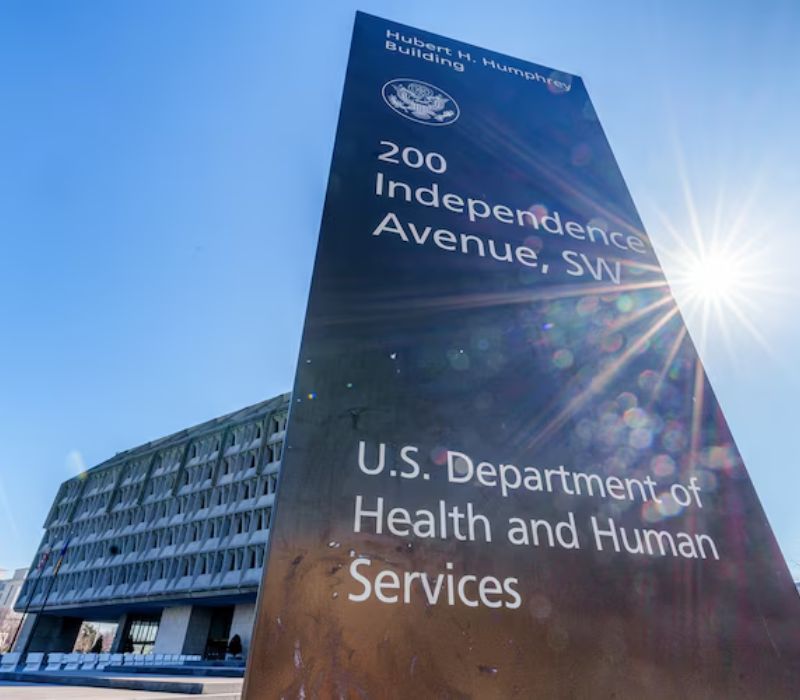The first week of President Donald Trump’s second term ushered in significant shifts at federal health agencies, affecting communications, travel, and international collaborations. These changes reflect the administration’s early focus on restructuring key health-related policies and operations. Below, we examine the major updates and their implications for public health.
 Communication Freeze at HHS and Agencies
Communication Freeze at HHS and Agencies
The U.S. Department of Health and Human Services (HHS) was directed to pause all non-emergency external communications, impacting agencies such as the CDC, FDA, and NIH.
- Details of the Pause:
- HHS announced a temporary halt to mass communications and public appearances unless directly related to emergencies or health preservation.
- Exceptions may be granted on a case-by-case basis for mission-critical announcements.
- Impact on the CDC:
- The CDC was unable to publish its Morbidity and Mortality Weekly Report (MMWR), a long-standing source of critical public health data.
- Staff members were informed they were “awaiting guidance” on resuming scientific publications.
The communication freeze is slated to extend through February 1, raising concerns about potential disruptions if prolonged.
Travel Suspensions for Health Officials
HHS issued an immediate halt to all employee travel, including previously approved speaking engagements. Key Details:
- No new travel requests will be authorized until further notice.
- This policy applies across all federal health agencies, affecting domestic and international engagements.
The travel freeze limits the ability of health officials to participate in conferences, public health initiatives, and collaborations with external organizations.
Work with WHO Suspended
In another major move, federal health agencies were ordered to stop all work on projects involving the World Health Organization (WHO). Background on the Decision:
- The halt follows an executive order signed by President Trump withdrawing the U.S. from the WHO.
- The order cited the WHO’s alleged “mishandling” of the COVID-19 pandemic and claimed the organization was influenced by member states.
This decision marks a continuation of the Trump administration’s skepticism toward global health organizations, potentially hindering international collaboration on health initiatives.
Broader Context and Implications
These directives are part of a broader strategy to reshape federal health agencies in alignment with the administration’s priorities. However, they have raised concerns among health experts and advocates:
- Public Health Risks:
- Delays in publishing critical health reports like the MMWR may impact timely responses to emerging health threats.
- Restrictions on travel and collaboration could disrupt ongoing research and global health initiatives.
- Administrative Challenges:
- Federal health employees face uncertainty about the duration and scope of these changes, potentially affecting morale and productivity.
- International Relations:
- The suspension of WHO collaborations may strain the U.S.’s role in global health governance.
The early weeks of President Trump’s second term signal a decisive shift in federal health policy, with a focus on restructuring communications, travel, and international partnerships. While the administration emphasizes the need for alignment with its broader goals, the implications of these changes—especially for public health and global collaboration—remain uncertain.
As the situation evolves, stakeholders will closely monitor the administration’s next steps to assess their long-term impact on public health infrastructure and governance.


